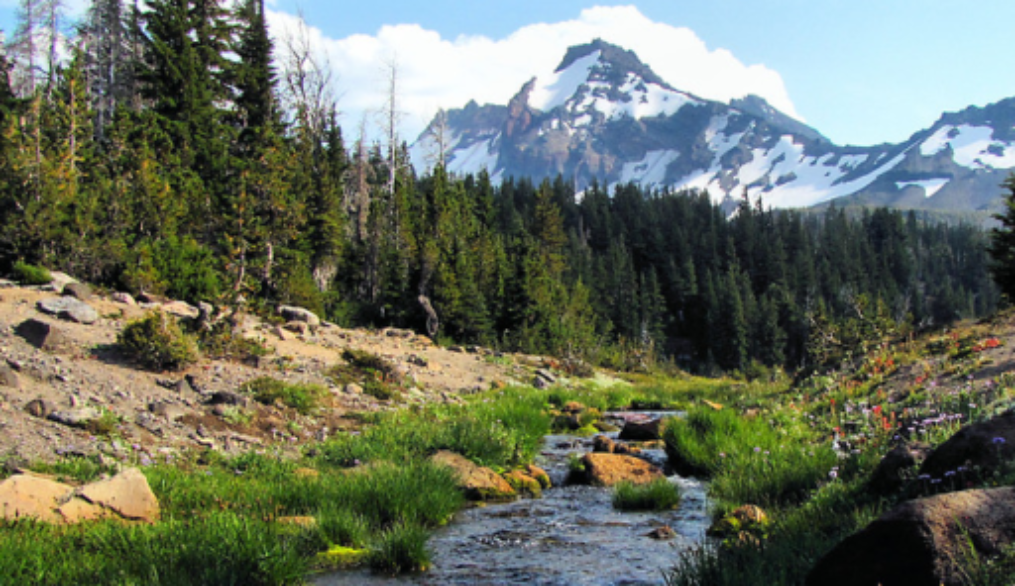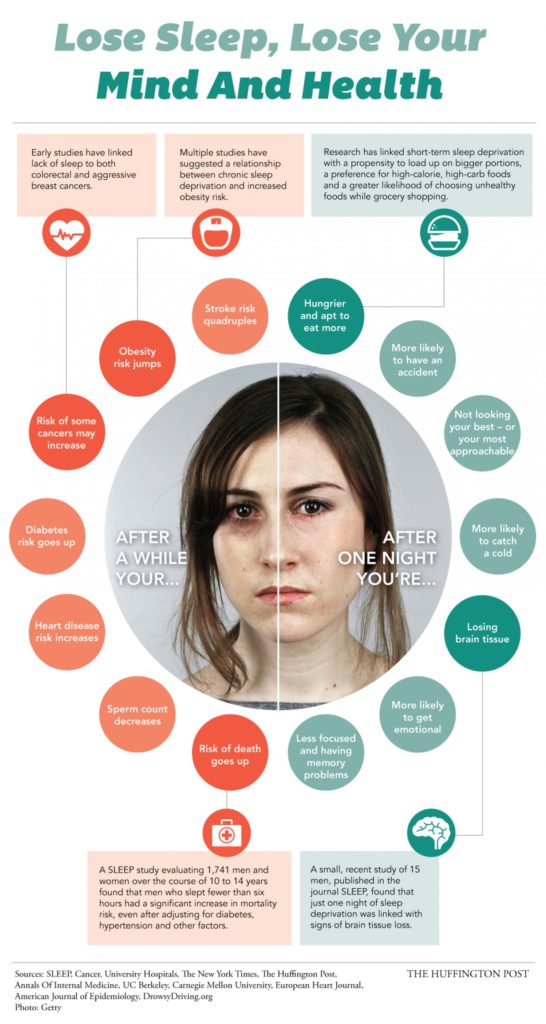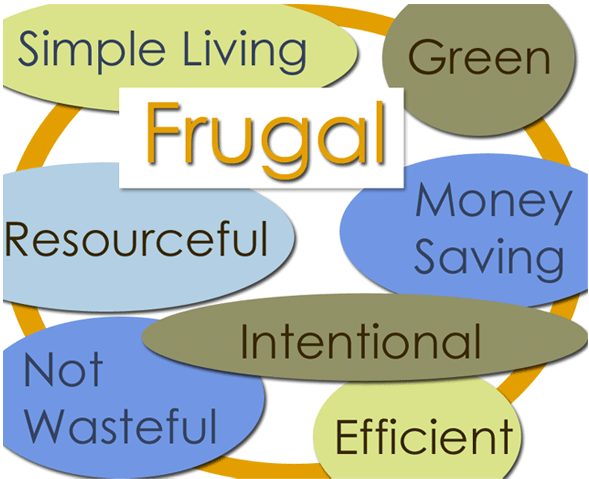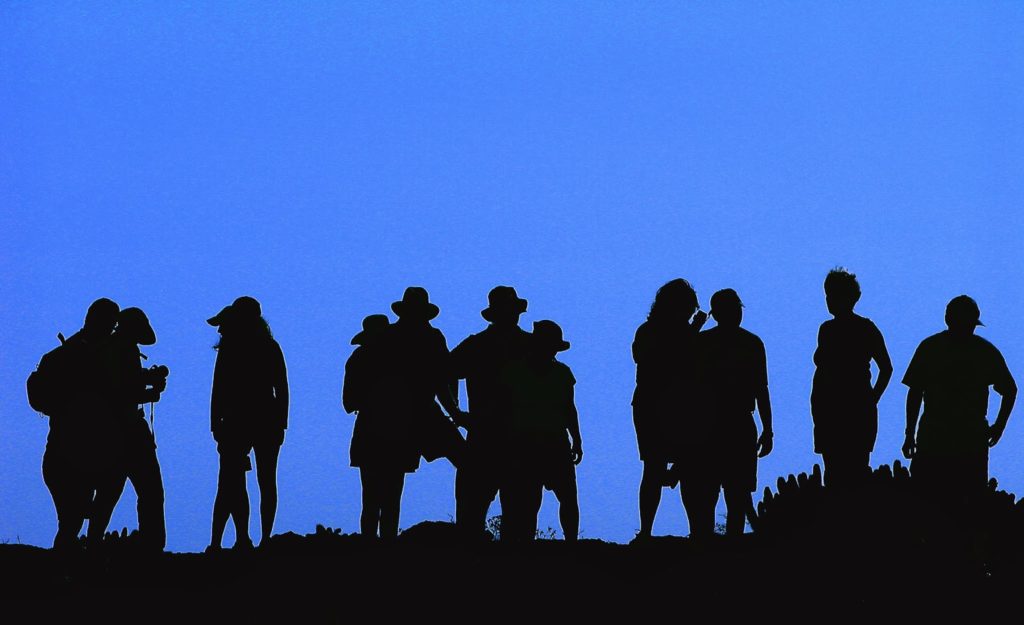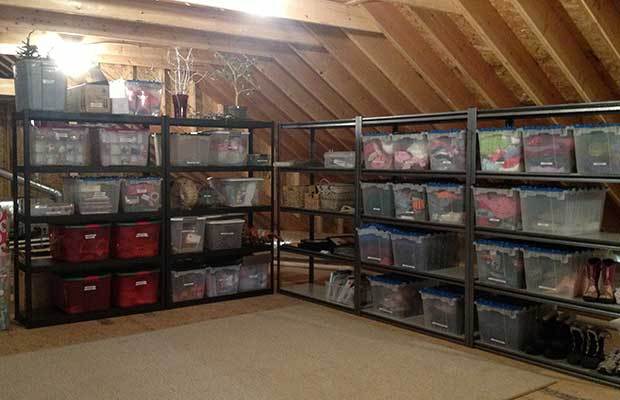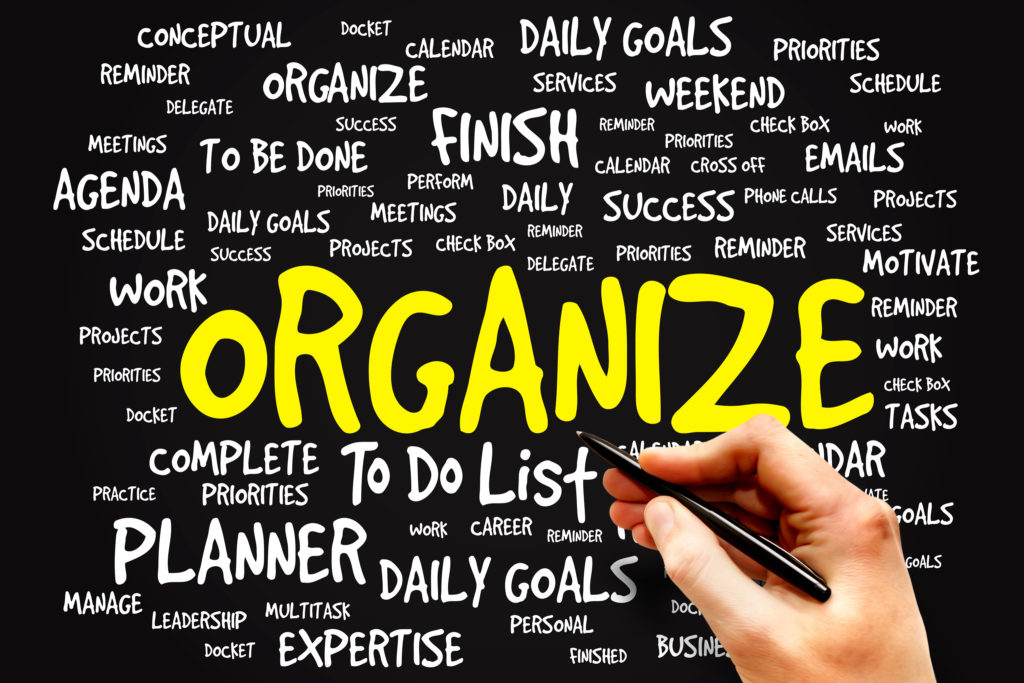 Before I spend money on any books, I tend to get them from Kindle Unlimited or from the library, if they are available. My latest read from the library is The Practical Prepper by Kylene & Jonathan Jones. Interestingly, it seems to have been re-named; as far as I can tell, its the same book, with the same release date, not an updated version, but on Amazon, it is only available as The Provident Prepper. I suspect it is because the “experts” on Doomsday Preppers were referred to as “Our experts at Practical Preppers…” and Kylene & Jonathan didn’t want to be confused with them. (Or maybe they WERE the experts and didn’t want to be known as them. ;)) But that’s just a guess.
Before I spend money on any books, I tend to get them from Kindle Unlimited or from the library, if they are available. My latest read from the library is The Practical Prepper by Kylene & Jonathan Jones. Interestingly, it seems to have been re-named; as far as I can tell, its the same book, with the same release date, not an updated version, but on Amazon, it is only available as The Provident Prepper. I suspect it is because the “experts” on Doomsday Preppers were referred to as “Our experts at Practical Preppers…” and Kylene & Jonathan didn’t want to be confused with them. (Or maybe they WERE the experts and didn’t want to be known as them. ;)) But that’s just a guess.
I have only read the first few chapters, but as I went through chapter 2 “What are the Odds?” (much of which you can see on amazon with the “Look Inside” link), I wondered if this risk assessment information might appeal to my skeptical husband.
It provides 24 emergency scenarios, ranging from house fire, earthquake, tornados, through more unlikely disasters, such as EMP, Pandemic, and so on. Each is briefly defined, may include observations about what makes it more or less likely, and offers some methods to prepare specifically for that event.
What I thought might appeal to my husband is the rating system. It lays out the 24 scenarios in a chart and asks you to rate the probability of that event occurring in your location (In socal, you’re going to rate earthquake or drought a lot higher than extreme winter storms, for example) from 1 (no chance) to 5 (will definitely occur at some point). Then you rate the significance of those events from 1 (no consequence or inconvenience) to 5 (catastrophic injury, etc.) [each number is given a fairly specific set of circumstances to make it easier to choose.] Then you multiply the two numbers together to get a Risk Number between 1 and 25. The higher the number, the more likely and detrimental the scenario, the more emphasis you should put on preparing for that possibility.
While the rating is subjective, the mathematical nature of this risk assessment may well appeal to my husband’s rational and logical mind. That isn’t to say that I am not rational and logical! No matter what he says! 😉
The Hazards listed (again, you can see these and the chart in the Look Inside link, AND I am linking you TO the book AND their web site, so I hope I am OK posting this.
Drought
Earthquake
Extreme Winter Storms
Flooding
Heat Wave
Hurricane, Tropical Storm, Typhoon
Landslide, Mudslide, Debris Flow
Tornado
Tsunami
Wildfire
Pandemic, Epidemic
Biological Attack
Chemical Attack
Hazmat Incident
EMP
Solar Flare
Nuclear Accident
Nuclear Attack
Terrorist Attack
Civil Unrest / Breakdown of Social Order
Economic Collapse
House Fire
Personal Disaster
Societal Collapse / Breakdown of Civilization
Other
I might include volcanic eruption on my personal list. I remember St. Helens. I might also break down “Personal Disaster” a bit. Right now we do have a lot of concern over potential unemployment. I think I may try to get the hubby to give this risk assessment a chance so perhaps he will be more open to risk mitigation.
